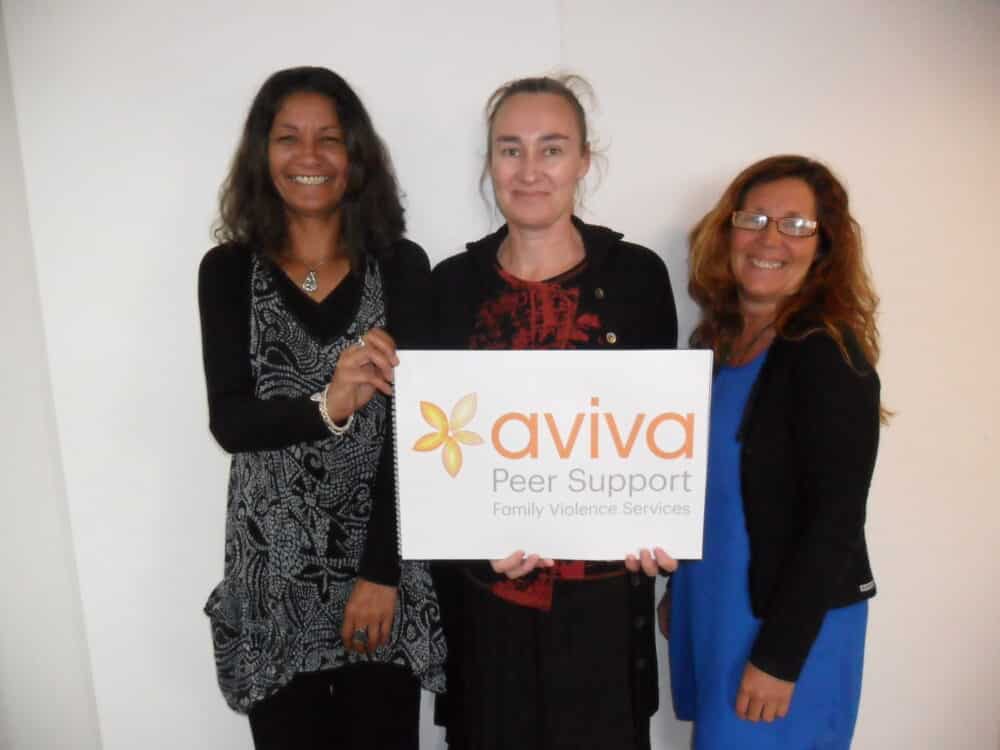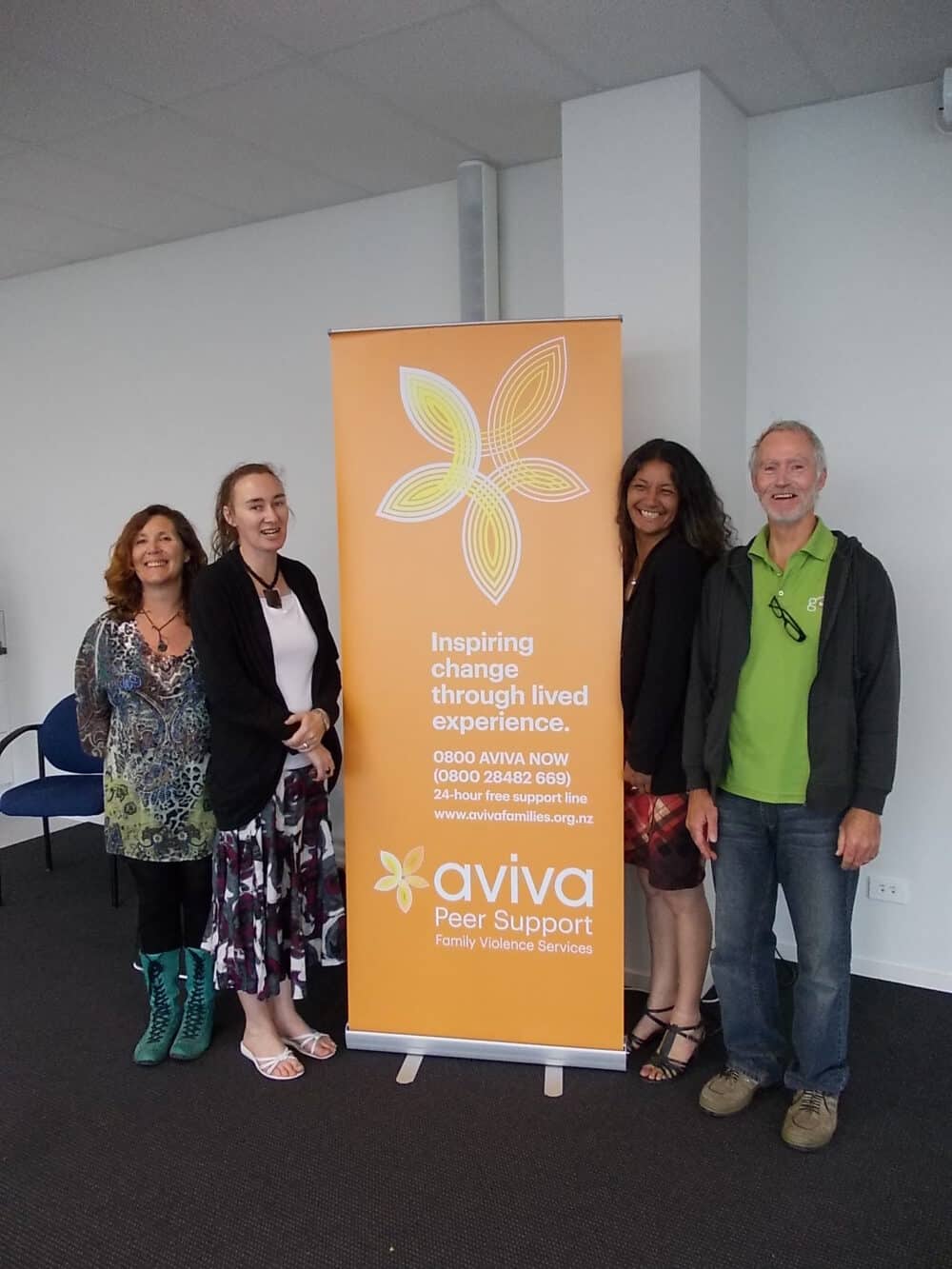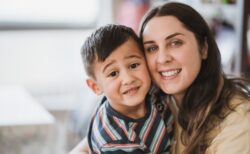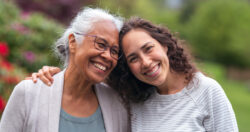Meet Beryl who is working to address a gap in family violence
January 19, 2022
We speak with Project Advisor for Safety and Resilience, Beryl, about her career in family violence and what she has planned for the future.
While Beryl was working at a family violence safe house, it became apparent to her that there was limited financial support for women experiencing economic harm.
“There were very few referral pathways that could help with the financial and economic elements of family violence.”
Frustrated by this, Beryl asked herself: “What can we do to address this?”
Rewind
Beryl hadn’t always intended to work in family violence. From her early years she had naturally fallen into the role of supporting others, but it wasn’t until she was a stay-at-home-mum that she decided to study psychology and put those skills to use.
Having her own lived experience of family violence, Beryl found herself drawn to working with others who had experienced similar trauma.
“Real life is different to the textbooks, it’s complex, messy and fascinating which I guess is why I’m drawn to supporting others navigate and overcome the challenges it brings.”
Family violence
After finishing her psychology degree, Beryl joined family violence agency, Aviva, to support women to become safe.
“Working in family violence had a huge impact on me. It opened my eyes to the degree of harm family violence is causing in Aotearoa.”
Understanding the value of lived experience and having a desire to give back, Beryl went on to develop NZ’s first family violence Peer Support Service at Aviva, funded by Good Shepherd NZ.
“Family violence is not black and white, or a tick box exercise – It’s not possible to provide a one size fits all response. People have different needs and seek a range of support.”
The understanding and deep connection that is possible through lived experience have proven to provide a unique type of support in many health sectors.
The peer support service was a great success. According to Beryl, it gave peers the confidence they needed to navigate their experience and focus on their self-development. It also led to community-based training for peers supporting others in naturally occurring relationships.


Economic harm
Despite the success of Aviva’s peer support service, Beryl knew there was still a lack of support available for people experiencing economic harm.
Following her ten years at Aviva, Beryl decided to help us address the gap and joined our team as a Project Advisor for Economic Harm.
She’s been with us for over two years now and her influence stretches across all corners of our economic harm work. Her passion for inclusion, strength-based language, and her drive to support those who slip through the gaps shows in her work.
She:
- Carefully analyses the findings from our 2018 economic harm research and advises on how we can best adapt it our work
- Creates digestible economic harm resources for people to gain a better understanding of what it is
- Designs tailored economic harm training sessions for businesses that are tackling economic harm in the workplace
- Works closely with our partner agencies to increase visibility and responses to economic harm
- Created and manages the content for our Healthy Relationships Toolkit – and much more
“Right now, I’m focused on improving the visibility of economic harm, at all levels. Whether that’s for people experiencing it, those using it, people who are supporting others, or government and leaders in the country. And really emphasising both the financial and economic elements of it.”
Beryl is determined to spread the word about economic harm, to grow a better understanding of what it is and how we can begin to support people experiencing it in our communities.
“Raising awareness of economic harm is the first step to eliminating its impact in Aotearoa’s communities.”
Ka pai Beryl.
Finding support
Our Financial Wellbeing Coach – Economic Harm can provide support with the financial challenges of family violence. Our coach has experience in financial capability and advocacy and working with those who have experienced family violence or economic harm.
Recent resources

The long-term impact of economic harm

